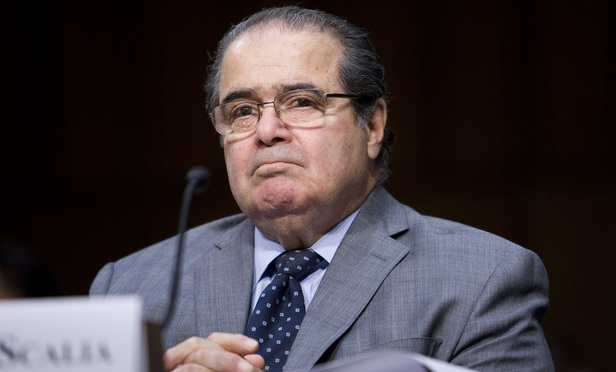The single biggest development affecting class actions — and many other areas of the law — in the past three months was the death of U.S. Supreme Court Justice Antonin Scalia. Rarely has the ability of so many people to obtain justice been affected so greatly by the passing of one person.
Scalia stated his views so starkly that it may be difficult, at least in the short run, to separate the impact of his jurisprudence from the impact of his performance. He did not do meek. He powerfully advocated some substantive rights, like the right to bear arms under the Second Amendment. He vehemently opposed other substantive rights, like the rights protected by the Voting Rights Act, which he called a “perpetuation of racial entitlement.” He took strong positions on procedural issues, too — especially class actions.
This content has been archived. It is available through our partners, LexisNexis® and Bloomberg Law.
To view this content, please continue to their sites.
Not a Lexis Subscriber?
Subscribe Now
Not a Bloomberg Law Subscriber?
Subscribe Now
LexisNexis® and Bloomberg Law are third party online distributors of the broad collection of current and archived versions of ALM's legal news publications. LexisNexis® and Bloomberg Law customers are able to access and use ALM's content, including content from the National Law Journal, The American Lawyer, Legaltech News, The New York Law Journal, and Corporate Counsel, as well as other sources of legal information.
For questions call 1-877-256-2472 or contact us at [email protected]





